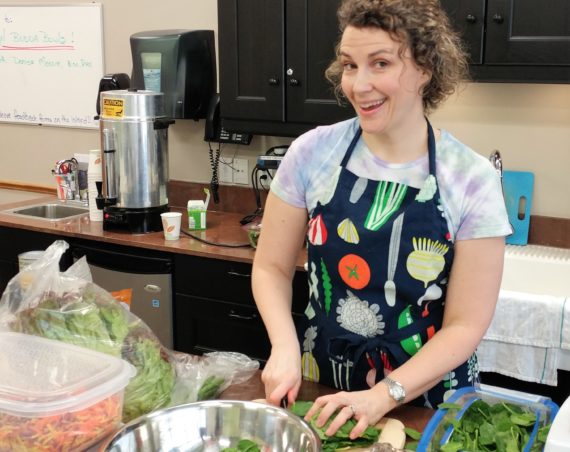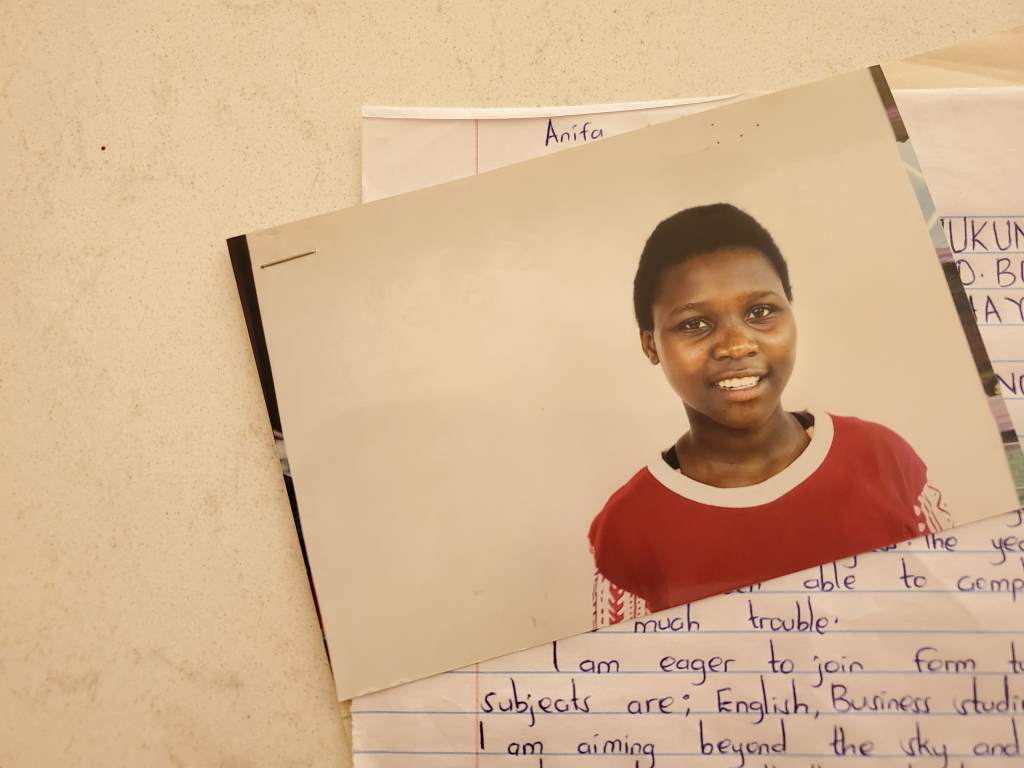What can you do if you’re stuck in a work rut and don’t know how to get out of it? Transitional Life Coach Amy Hogan shares her tips on self-help and improving your work wellness.
Amy Hogan is a Toronto, Ontario Transitional Life Coach. She helps people who are feeling unsatisfied at work and are looking for a change. Her clients explore the ideas of building confidence and a focused mindset, and creating structures for success.
We wanted to know, with New Year’s resolutions in the air, how to keep the goals that we set and how to tell if we are stuck in a rut. Read our interview with Transitional Life Coach Amy Hogan as she outlines some self-coaching strategies that anyone can implement to help inspire you to dream big and stick with it!
WEHL: Tell us about yourself and why you got involved with life coaching.
AH: A long-time friend called me one day and told me she was becoming a coach. I had no idea what it was. After learning that coaching is about creating a life of fulfillment, getting clear on your goals and going for the things you’ve always wanted, I was in!
We ended up working together for almost a year and it impacted my life in a big way. I had better communication in my relationships, I wasn’t suffering in silence any more, I shared my goals, dreams, opinions (even though it was awkward and uncomfortable) and I learned there were limitless opportunities for me.
After spending months volunteering, exploring other careers options and much soul searching, I decided to become a coach. Coaching is all about making a difference; it was exactly what I wanted! I took the plunge; quit my job, enrolled in a year-long coach training program and started my own business. It was the best decision I ever made.
WEHL: What are some factors that can tell you if you need a coach?
AH: Let me be clear; no one needs a coach.
If you are feeling lost, confused, unhappy, like there is something more out there for you and you’re not sure how to go about it, then working with a coach might be for you. If you are able to move beyond how things have gone in the past and want to look to the future, then coaching is for you.
It’s also for people who have a clear goal in mind and want to reach it faster than they could on their own. It’s the same as Olympic athletes having a coach to push them beyond where they can go on their own; it’s for those who want support to really soar.

WEHL: What is life coaching about?
AH: Coaching is actually a really powerful tool for producing results and supporting transformation in people’s lives. Coaching is about intentionally designing your life, not living it by default. Have you ever woken up and thought ‘how did I get here’, like you’ve been sleepwalking through life? Coaching breaks that up!
Your coach is in your corner no matter what, they don’t judge or dump their opinion on you. They love and accept you for who you are and support you in living the life you want.
WEHL: Do you have your own personal story about your own life coaching experience along the way? How did it affect you? What did you learn from it?
AH: The biggest thing coaching has helped me with is my confidence. I have always been a people pleaser, putting myself in compromising and uncomfortable positions because I wanted people to like me and I didn’t want to rock the boat (does this sound like you?). I have learned to speak up, that my concerns and feelings are valid, that I am emotional and things affect me and that’s ok. I share much more openly than I ever have which has allowed me to feel so much lighter and I’ve created some really amazing and genuine relationships.
I’ve learned that we all have our ‘stuff’, our baggage and that’s ok. Our past doesn’t determine our future and truly, anything is possible. I have also learned how to really listen to my gut and trust myself a lot more. I didn’t really know what that meant, before coaching – trust yourself. Everyone says it, ‘listen to your gut’ – I learned how to do that.
WEHL: What are some self-coaching strategies someone can implement themselves?
AH:
- Don’t take anything at face value, be willing to dig a little deeper. For example, when you find yourself getting defensive or pushing back in a conversation, ask yourself what is going on. What about this situation is bothering me, what are my concerns and worries?
- Make a list of things you value. Example of values: love, relationships, adventure, freedom, intelligence, service, trust, connection, authenticity, power, peace, loyalty, joy, creativity, performance, accomplishment, etc. Pick your top 3 values. Look at how you can start to live your life every day in a way that honours and expresses your values.
- Think about someone you admire. What is it about that person that you really admire? Similar to your values, these are the things that light you up and are important to you. Practice expressing those qualities on a regular basis.
- Notice what bothers you in other people, what are some of your biggest pet peeves. How are you like those people? It likely bothers you because it’s a part of yourself that you don’t like. If you spot it, you got it! Make amends with that part of you, embrace it and recognize all it has brought to your life.

WEHL: What kind of routine/habits helps to get people on track to reach their goals?
AH:
- Write down your goals (did you know only 3% of people actually write down their goals?! Those that do are much more successful)
- Post the goals where you can see them
- Use what works for you. E.g. I had a hard time with the word ‘routine’, it sounded so confining. I use the word ritual instead; it feels much lighter and inspirational.
- Break your goals into smaller ‘mini goals’. E.g. if you want to achieve your goal in 1 year, break it down into 12 smaller monthly goals. Seeing progress on a regular basis is much more motivating.
- Accountability is huge! Tell a friend, share it on social media [Ed. Note: Wehl’s a great place to post goals!], find a way to be accountable. E.g. If you do not complete your goal, is there a consequence? If you do complete your goal, is there a reward? Find what motivates you the most.
WEHL: Who is the ideal person to take on a life coach?
AH:
Coaching is for you if:
- You want to increase your confidence
- You want more open, genuine relationships
- You want to improve your mental or physical health
- You want to make more money
- You feel stuck and change seems impossible
If you are considering hiring a coach or wanting a change, ask yourself:
- How does my life differ from where I want it to be?
- What is working for me & what is not working?
- What is the impact of continuing life the way it is going?
- What do I want my future to look like?
- How committed am I to reaching this goal, on a scale of 1-10? (If it’s an 8 or more, you’ve got your answer!)
Amy Hogan is a Transitional Life Coach. She has a unique way of creating trust, compassion and connection in her relationships. Amy is professionally trained and works with individuals and groups and hosts international retreats.
Connect with Amy:
- Web: amyhogan.ca
- Email: [email protected]
- Wehl Platform: @amyh
We invite you to join our all-in-one healthy lifestyle app at Wehl.com!
Have you tried a life coach in the past? How did it help you? Let us know!


